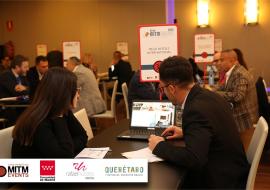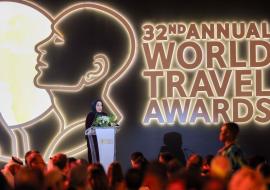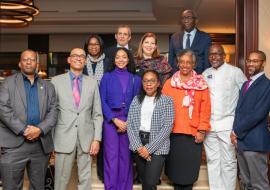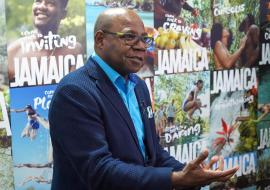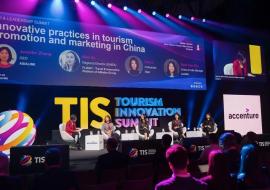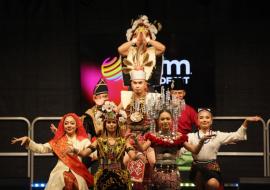WTM Latin America 2022 Featured Record Turnout
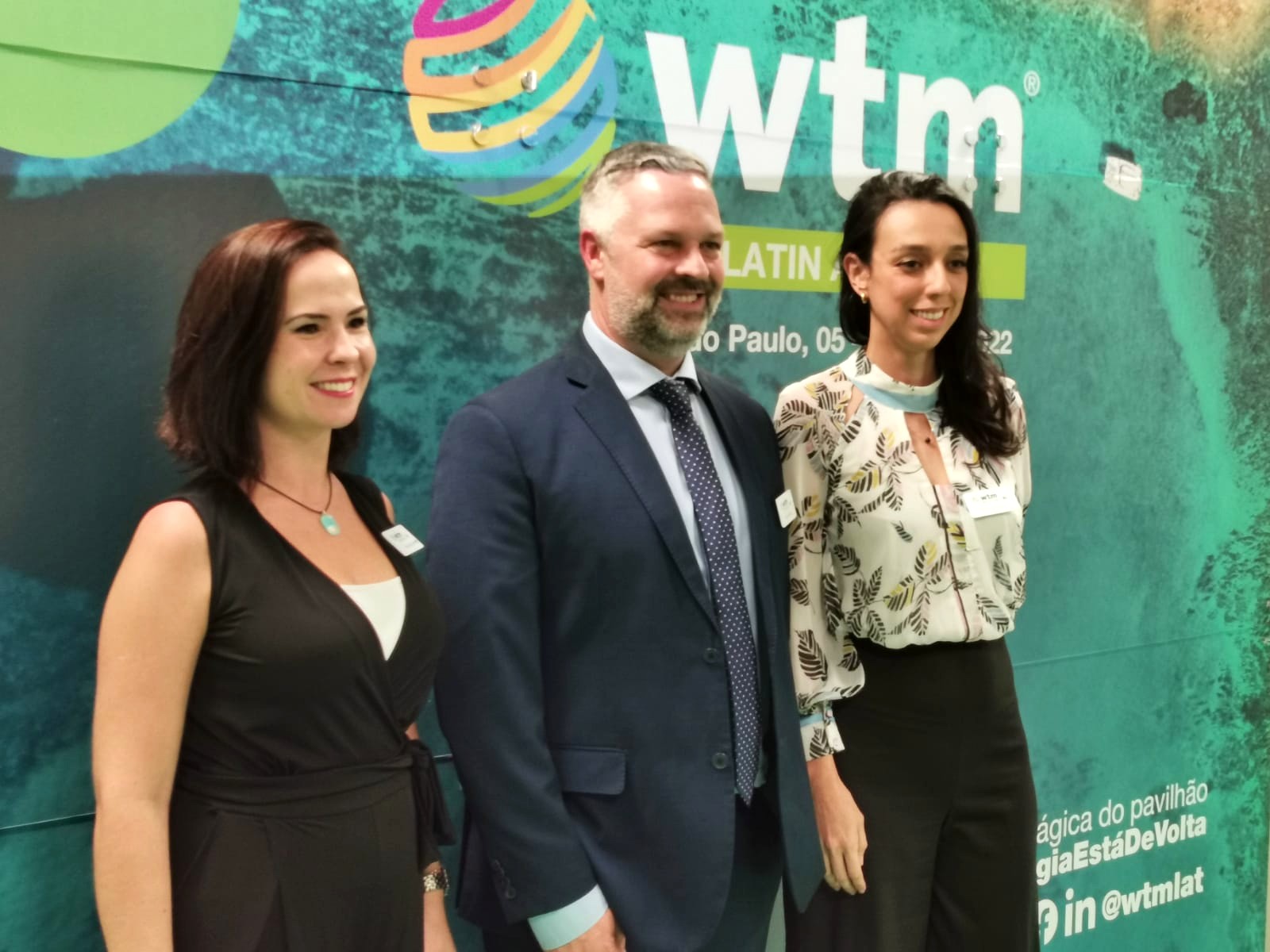
Busy aisles, 565 exhibitors from 40 countries, full training theaters and lots of positive energy marked the closing of WTM Latin America 2022. In the first two days of the event, the organization recorded 10,725 visitors, a number that represents an 8.7% growth over 2019.
"The event reinforces the signs of a positive future for tourism, with the prospect of business closings and many reflections on the activity," celebrates Simon Mayle, director of WTM Latin America.
Another important achievement was the great adhesion to the programming platform, which registered the early booking of 6,000 meetings during the three days of the event. Thais Del Ben, Marketing and Communications manager, attributes this result to learning from the pandemic.
"Latin Americans were not in the habit of planning their agenda before events and this change in behavior came with participation in virtual events in the last two years," she says. Bianca Pizzolito, Sales Manager for Brazil and Latin America, adds the gain that this change of behavior brings to the organization of flows and the attraction of new business, one of the main premises of the event.
In this sense, the fair recorded important advances. One of the most emblematic was the closing of a commercial agreement between CVC and Oktoberfest in Blumenau (SC). The operator will start selling tickets for the largest beer festival in America and the second largest in the world in 1,200 own stores and in all franchisees of the network. Nilson Passarin, director of Planning and Tourism Promotion of the Brazilian beer capital, celebrated the agreement and the potential to publicize the city's attractions beyond the festival.
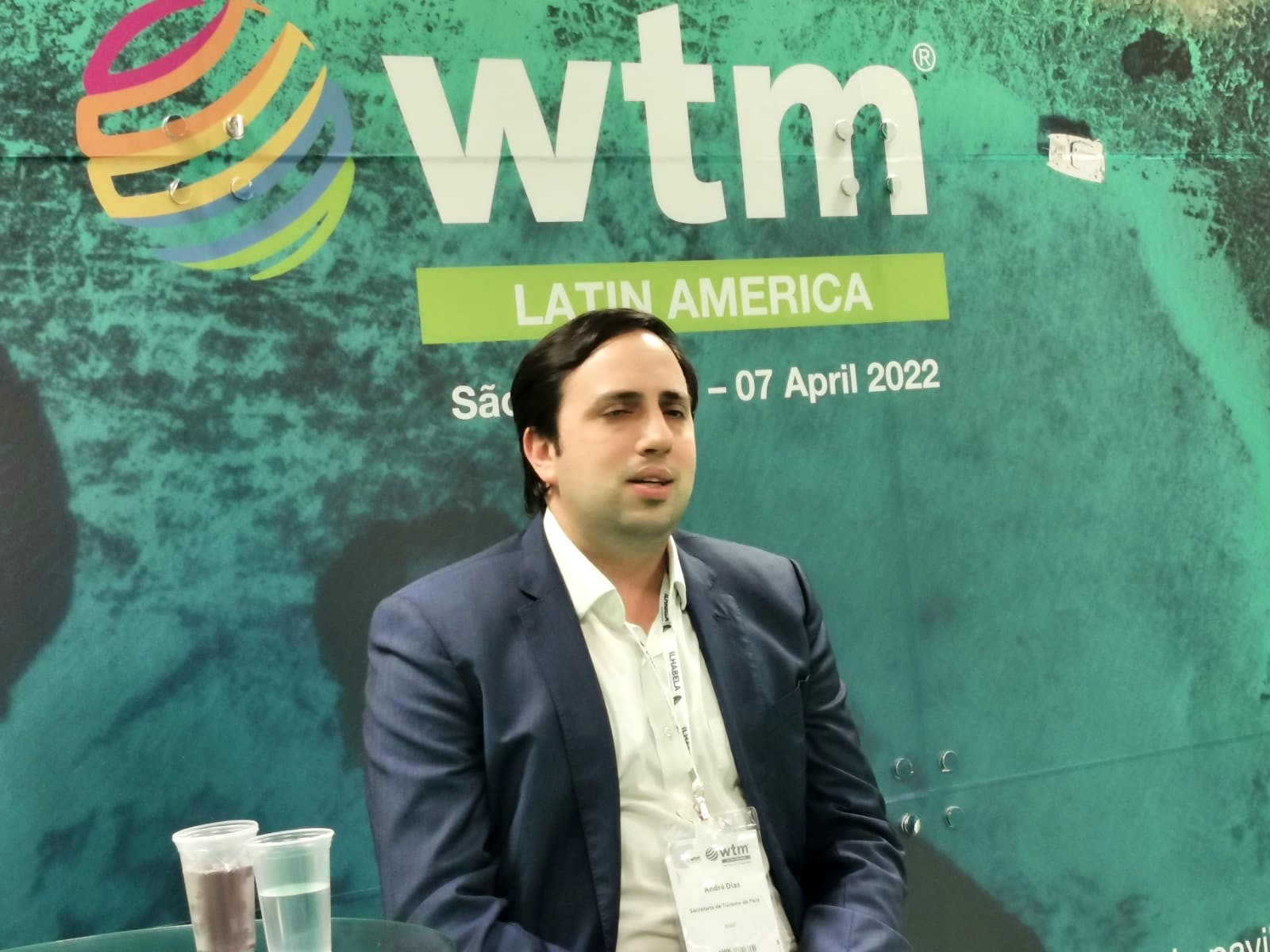
"We had a very qualified visit during WTM and were able to showcase the exclusive itineraries we are developing. During the pandemic, we structured the city through several public-private partnerships because we knew that tourism would come back strong," he said, citing the future openings of the Museu da Cerveja, the City Tour by Bus and the revitalization of several squares that meet the city demand of residents and visitors to enjoy leisure time in open spaces, among other initiatives.
Minas Gerais also took advantage of the meeting to pre-launch the Via Liberdade, a 1,179-kilometer route along BR-040 that links the state's historical and cultural attractions with those of Rio de Janeiro, Goiás and the Federal District. "We already have 70 mapped experiences and itineraries, in addition to the provision of training to show attractions beyond the Historic Cities, highlighting seven World Heritage Sites, among other aspects," summarized Milena Pedrosa, Deputy Secretary of Tourism of Minas Gerais.
André Dias, Secretary of Tourism of Pará, also highlighted the importance of the WTM for the state's publicity and, consequently, for its economy. "The creation of responsible jobs is a priority for businesses and conservation to go hand in hand. We bring to the event the vision of a state increasingly connected to nature, gastronomy and people," he said.
The success of the event extended to the technical programming offered in the three thematic theaters. The 55 lectures, panels and training presented derivations of themes related to the main pillars of this edition: Diversity and Inclusion, Responsible Tourism and Technology. "The stories told and lessons shared prove the power of tourism to positively impact people's lives,'' says Mayle.
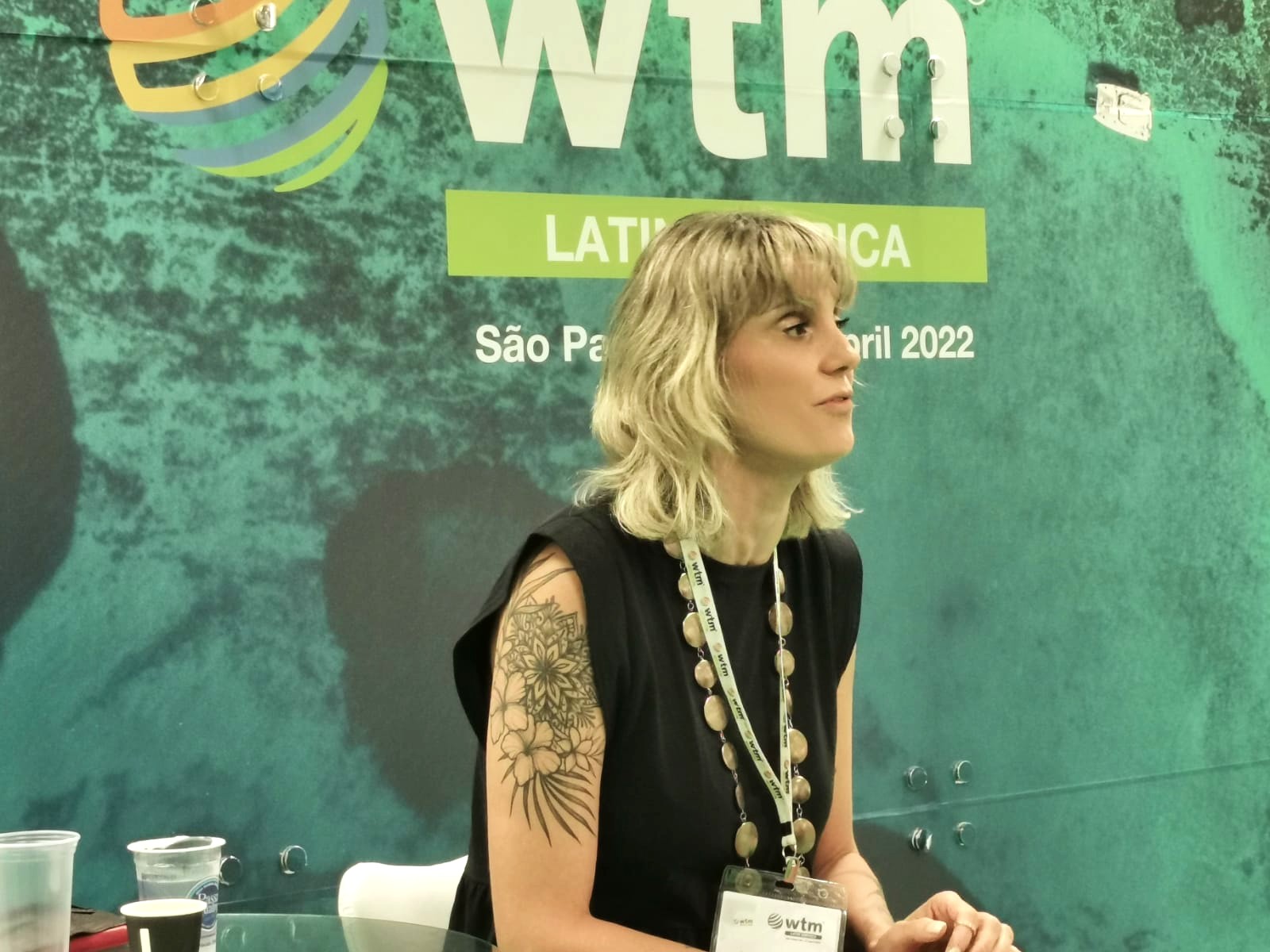
For Mariana Aldrigui, a teacher and researcher at USP, the creation of a committee and a space dedicated to Diversity and Inclusion signal a boldness characteristic of WTM, as well as an alignment with trends. "We discuss issues that bother people and make them think. We may be prejudiced with age, not seeing accessibility issues, inclusion of deaf and intellectually disabled people, but by publishing a Manifesto and offering such a privileged space for debate, we plant a seed with the aim of naturalizing these issues. Who knows, in ten years we will no longer have to discuss this," he says.
Gustavo Pinto, Responsible Tourism advisor for the event, also celebrated the successful premiere of a theater dedicated to the topic. "We had a full house every day, often beyond the auditorium's capacity, and all the panels had interaction with the audience. We noticed that the travel agent is coming back from this period of pandemic crisis very interested in the topic of sustainable development," he concludes.
In the three spaces, current and urgent issues were discussed, starting with reflections related to creative careers. Juliana Aranega, Director of Corporate Communities MCI Brazil; Carolina Yamauti, from Sputnik Educação Corporativa; and Mariana Aldrigui pointed out several possible paths within the tourism industry, as long as one is attentive to points such as: the promotion of inclusion in the different sectors, the construction of an "out of the box" repertoire and the creation of real links . "Doing more than what is agreed is extremely important for any sector", defends Juliana.
The theme "Families and Diversity" was addressed by Clóvis Casemiro and Ricardo Gomes, commercial executive and president of the Brazilian LGBT Chamber of Commerce and Tourism, respectively; Renato Braga, Account Executive of Amadeus Brazil; and Vânia Cabral, director of Cabral Expeditions. The participants shared situations of prejudice experienced in travel and the work done to break this paradigm, calling for urgency in training and sharing good practices in care. "The LGBTQIA+ public does not want to be treated better than anyone else, only to be respected", emphasizes Vânia.
Still at the Technological Theater, Cynthia Michels, economist, communicator and founder of Silicon Valley Group, lectured on Innovation and Creativity in the Digital Age. The social researcher talked about her immersion and what she learned from the experience. Contrary to what many think, the place that houses technology giants such as Google, Uber, Amazon, is a very collaborative environment, where people are not afraid to ask questions and make mistakes, as this is part of the learning process. He stressed that technology is important, but that one should not be afraid to fall behind. "We have to have a good relationship with the technology that is here to make our lives easier and provide service without ever losing the ability to connect eye to eye," he concluded.







